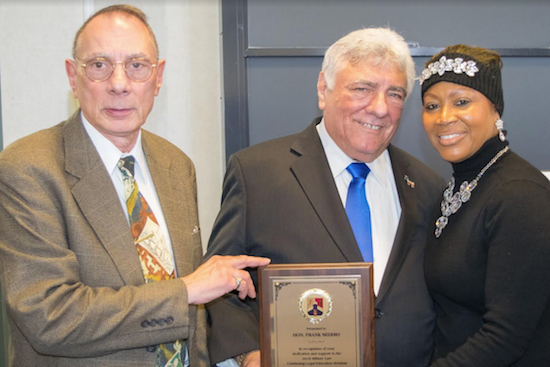Former Surrogate Court Judge Seddio gives CLE on incontestable wills

The importance of preparing a will was the topic of a continuing legal education seminar given recently at Brooklyn College by former Kings County Surrogate Court Judge Frank Seddio.
If a will is properly made, it can be very hard to contest, and wills should be one tool in every attorney’s tool kit, explained Seddio, who is also the immediate past president of the Brooklyn Bar Association and the current chair of the Kings County Democratic Party.
“Wills in the law profession are sort of like milk and bread in the grocery profession,” Seddio said. “Every store sells milk and bread, and every lawyer should know how to do a will.”

Brooklyn Boro
View MoreNew York City’s most populous borough, Brooklyn, is home to nearly 2.6 million residents. If Brooklyn were an independent city it would be the fourth largest city in the United States. While Brooklyn has become the epitome of ‘cool and hip’ in recent years, for those that were born here, raised families here and improved communities over the years, Brooklyn has never been ‘uncool’.